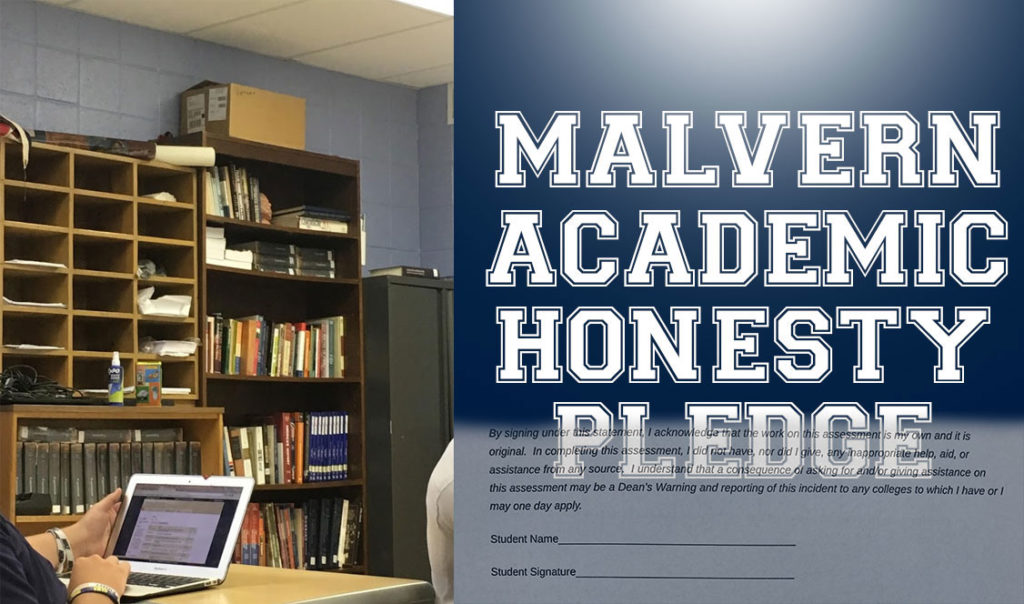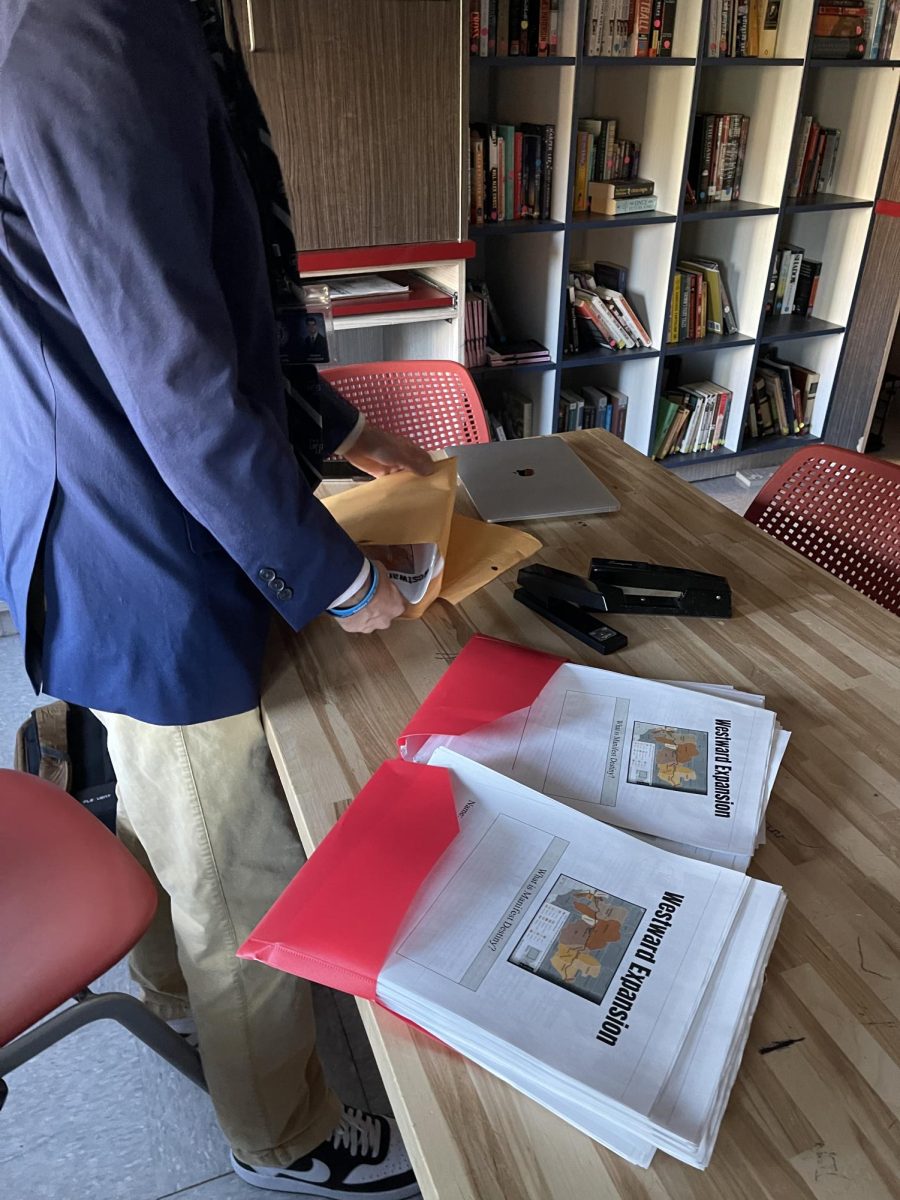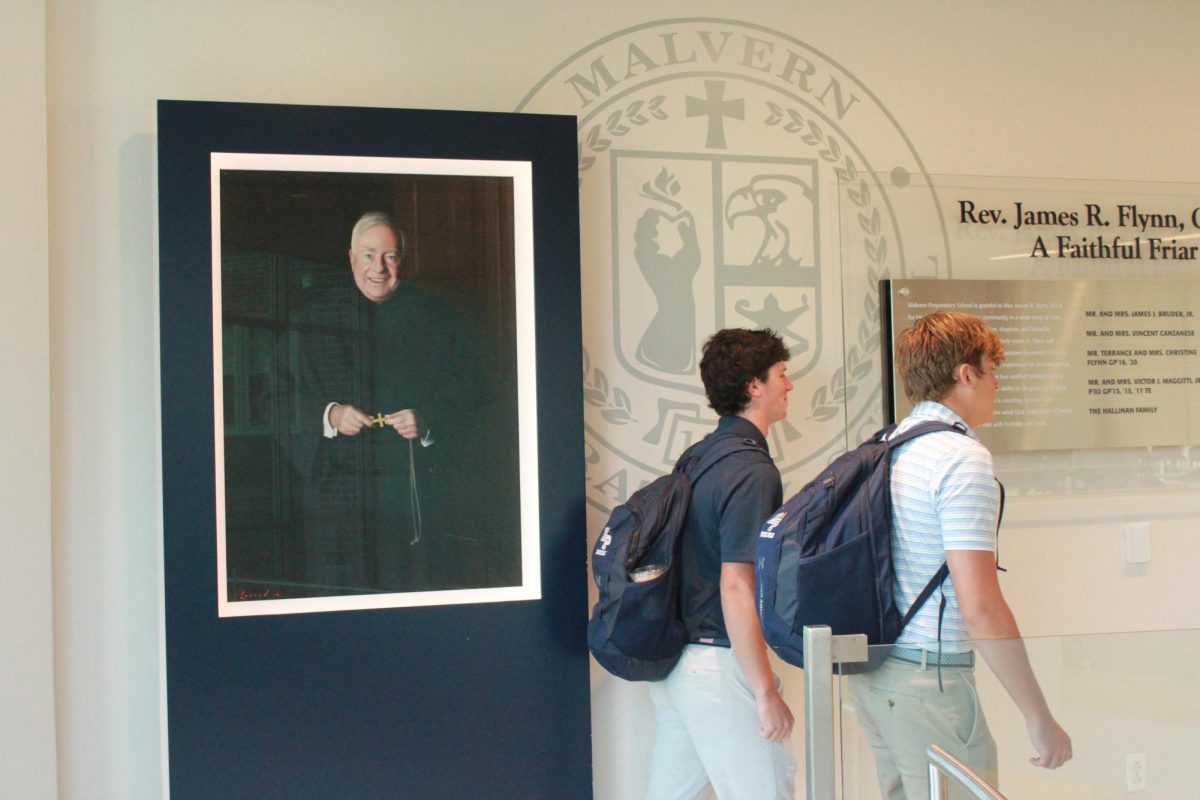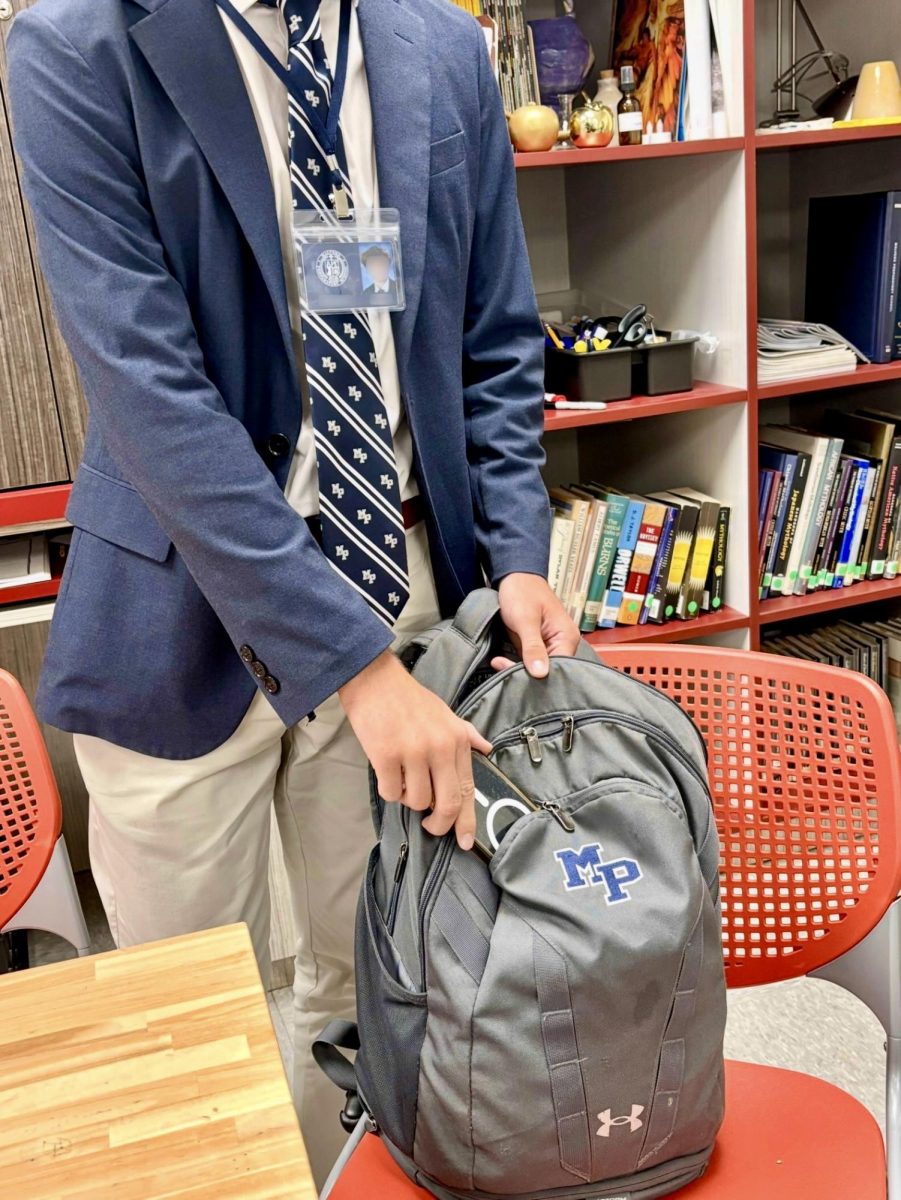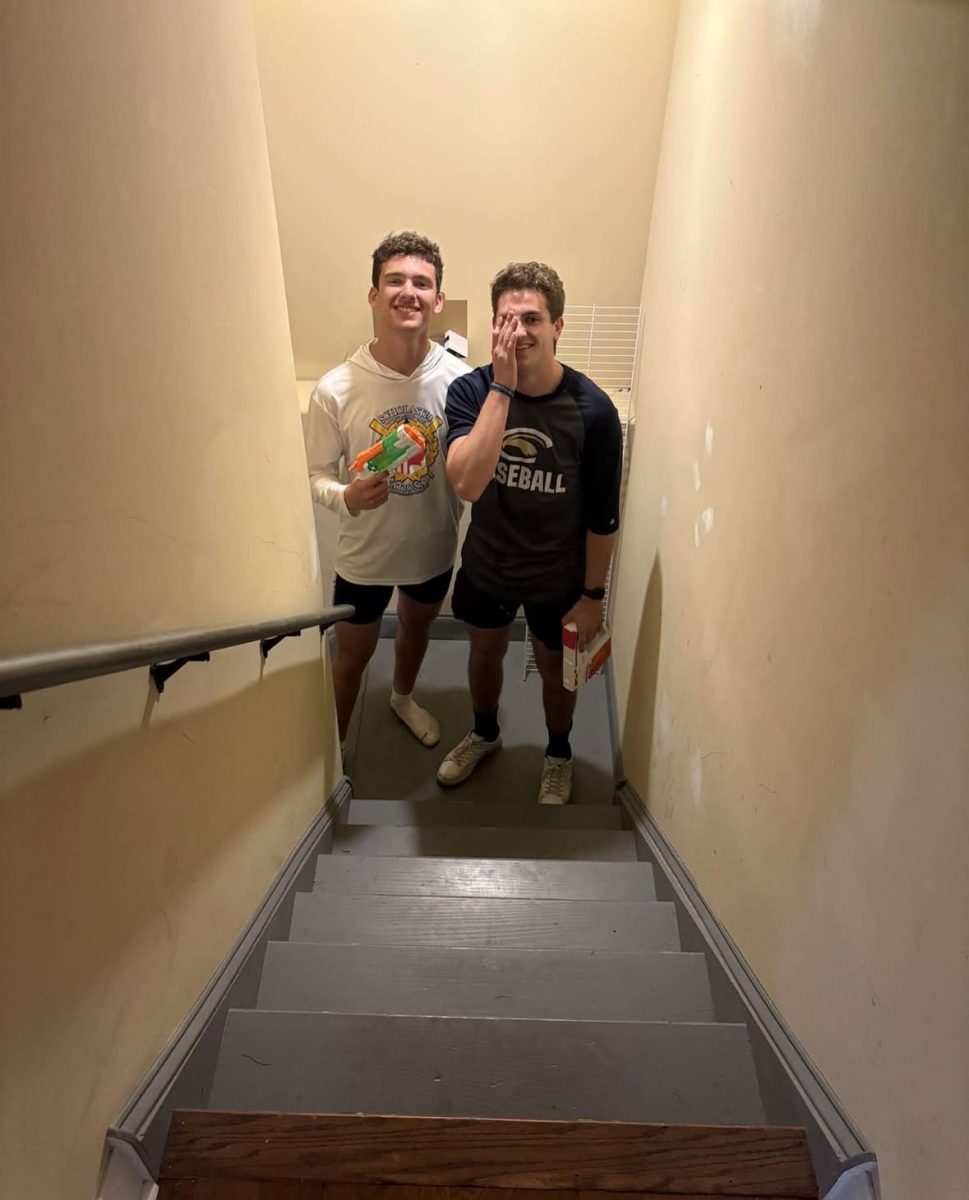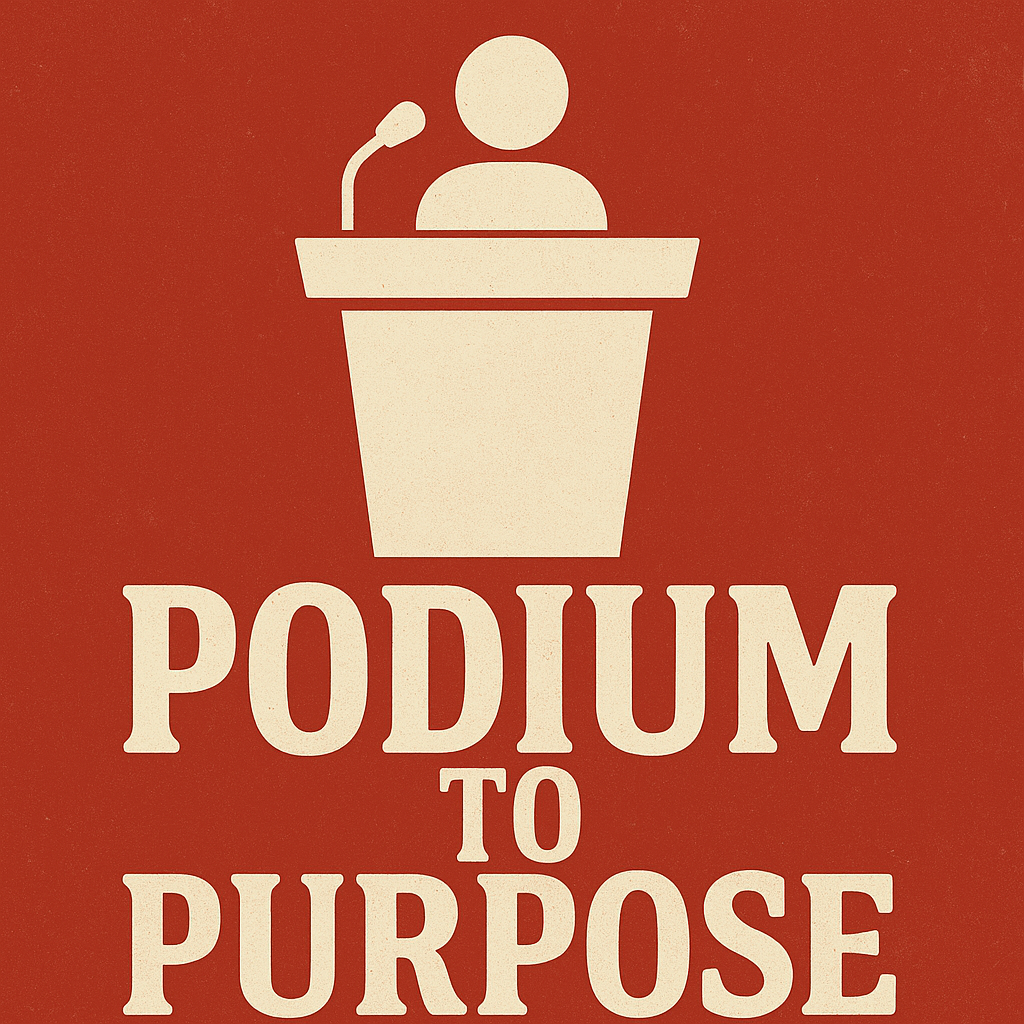Students are now required to sign a statement designed to curb academic dishonesty on all major assessments. Does this help?
In early November, Malvern’s administration introduced an Academic Honesty Statement and asked teachers to include this statement for students to sign on every major assessment.
Assistant Head of School for Academics Mr. Patrick Sillup said that the pledge was installed to remind students of the consequences of cheating.
“The issue I’ve been running into this fall with students is that when I’ve discussed with them the severity of the consequences, what often comes up is, ‘I didn’t know,’” said Sillup.
The results of cheating are severe and can influence a student’s academic career after high school.
[perfectpullquote align=”right” bordertop=”false” cite=”” link=”” color=”” class=”” size=””]
ACADEMIC HONESTY STATEMENT
By signing under this statement, I acknowledge that the work on this assessment is my own and it is original. In completing this assessment, I did not have, nor did I give, any inappropriate help, aid, or assistance from any source. I understand that a consequence of asking for and/or giving assistance on this assessment may be a Dean’s Warning and reporting of this incident to any colleges to which I have or I may one day apply.
[/perfectpullquote]
“The consequence of cheating on a test is that a student would earn 10 demerits and 10 detentions,” Sillup said. “If that were to happen, then our school has a responsibility to report that to future colleges that you plan to apply to or have already applied to.”
According to the student handbook, the consequences for cheating on a test, quiz, project, or lab report involve a Dean’s Warning on first offense for upperclassmen, and enrollment in an “Academic Integrity Education Program” for freshmen. The handbook describes the freshman program as an “intensive series of meetings, readings, videos and case studies” that culminates in a reflective essay.
Follow-up offenses may result in suspension or expulsion.
Sillup said that although there was a policy on cheating in the handbook, students needed an extra reminder on the policy. He has asked teachers to include this honesty pledge on all major assessments.
“When something is out of sight for so long, it can go out of mind,” Sillup said.
However, students say that they don’t see the pledge very often.
“I know it exists,” sophomore Braden Kovalovich said. “Only some teachers use it.” He reported seeing the statement on tests in history teacher Mr. Andrew Burke’s class and math teacher Ms. Lauren Lesch’s class.
Sophomore Ryan Baker agreed, saying he’s only seen it once or twice this year. “[I saw it] on one of our projects in Mr. [Tom] Maguire’s class,” he said.
[yop_poll id=”1″]
Sillup also said there is research that shows that having the pledge on the test will reduce academic dishonesty.
“There is research that would say when you prime someone to think their actions, they are less likely to engage in that action,” said Sillup.
Sillup said that if the student’s work is genuine, it is easier to help that student improve. “I would always want [the student’s] work over [their] interpretation of somebody else’s work,” Sillup said.
The handbook states that it is the student’s responsibility to determine whether extra help is appropriate on any assignment. “Because the boundary between ethical help and unethical help is often unclear to students, it is the student’s obligation to get prior permission from his teacher for any outside help that seems questionable,” the handbook reads.
Sillup also said that one of the hardest calls he has to make is when he calls a college and tells them an applicant from Malvern Prep was cheating.
“It never feels good to say, ‘Now we’re going to call the institution that you’ve been hoping to get into with not such a great message,’” he said.


